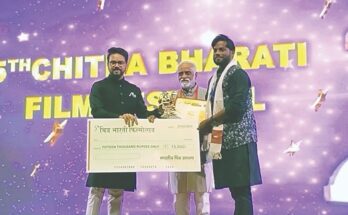
Chandigarh Municipal Corporation Launches Recycled Water Distribution Project Worth Rs.71.58 Crore
Chandigarh took a significant step towards sustainable water management as the municipal corporation initiated a ₹71.58-crore project to establish pipelines across the city for supplying recycled water. Within 18 months, …
Chandigarh Municipal Corporation Launches Recycled Water Distribution Project Worth Rs.71.58 Crore Read More
